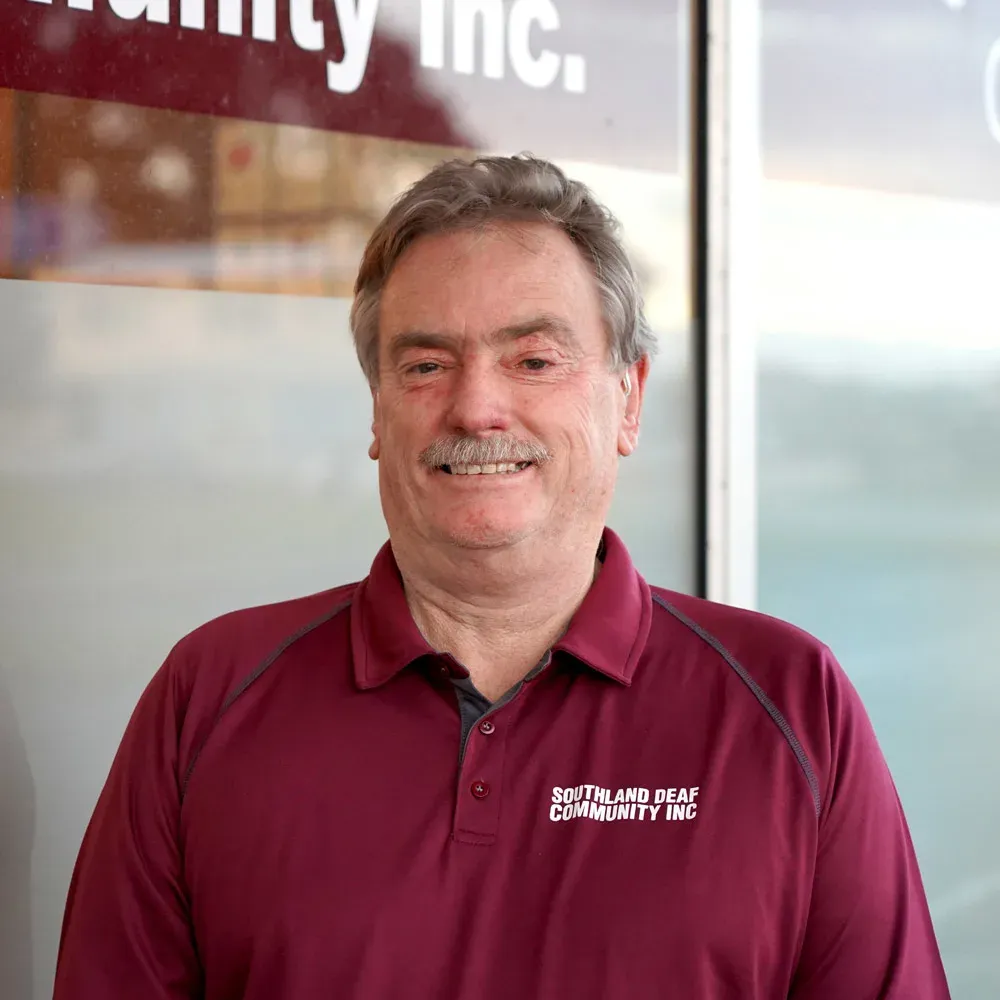
- Deaf and disabled communities demand Invercargill appoint a full-time sign language interpreter.
- Lack of interpreter causes hardship, affecting hospital visits, events, and daily communication.
- Recommendations include creating a disability portfolio and advocating for better inclusion policies.
Invercargill’s deaf community is calling for the appointment of a full-time sign language interpreter, two years after the last person in the role left. During this time, the city's deaf community has struggled without an interpreter, with one person describing their experience of being seriously ill in hospital with no interpreter available. Related: CCS Disability Action Group Praises Council On Carparking Trial
The issue was brought up at a recent Invercargill City Council consultation on its disability policy. Advocates from the deaf and disabled communities expressed their frustration over the lack of support. Phillippa Strong, secretary of the Southland Deaf Community, spoke to the council panel on Tuesday, explaining that a full-time interpreter would enable deaf individuals to attend events, appointments, shows, and concerts.
“Deaf people should be treated equally. Deaf people have rights,” Strong said. The Southland Deaf Community consists of around 13 to 15 members, though Strong estimates there are about 80 deaf children in Invercargill.
Roger Strong, her husband and the chair of the Southland Deaf Community, shared his personal struggles, stating how “very frustrating” it has been living without access to interpreters. “It’s hard, very hard, even to communicate with my own wife,” he explained.
Jamie Randhawa, a sign language educator at the Southern Institute of Technology, also presented at the hearing. She expressed her disappointment about a recent experience at an emergency department where no interpreter was available, despite her serious illness at the time. “It was not good enough,” Randhawa said.
Tracy Peters, representing several disability groups, highlighted a wider issue with disability inclusion in Invercargill. She recounted a discriminatory experience in which a shop owner locked the door to prevent her from entering in her wheelchair. “When you’re dealing with disability, it’s tough,” she said.
Deaf Aotearoa chief executive Lachlan Keating added that the lack of a permanent interpreter in Invercargill for two years has impacted access to essential services, such as medical appointments and social services. Although video calls and travelling interpreters occasionally fill the gaps, the situation remains far from ideal.
The council is expected to review recommendations for improving disability inclusion, including establishing a disability portfolio and creating an action plan.
